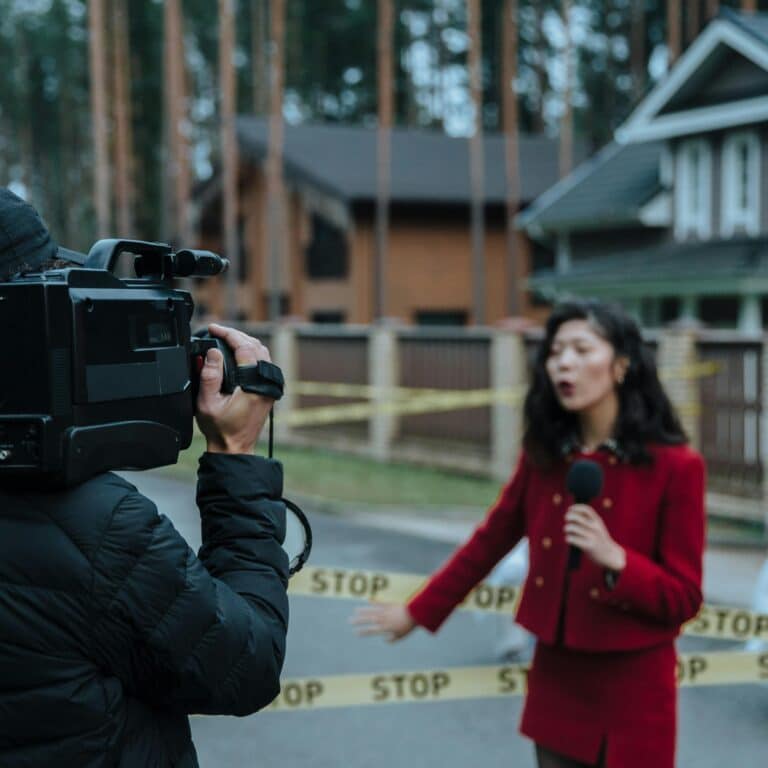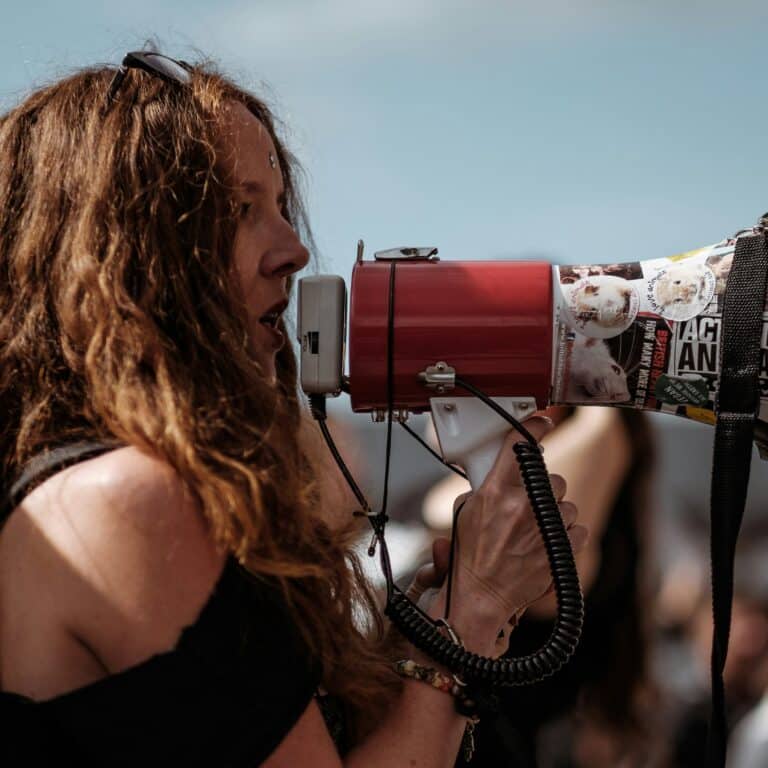What democracy is
The UN’s Office of the High Commissioner for Human Rights (OHCHR) has declared that democratic systems are essential to the protection of human rights. Democracy includes the following essential elements:
- respect for human rights and fundamental freedoms, including freedom of association and freedom of expression and opinion
- access to power and its exercise in accordance with the rule of law
- the holding of periodic free and fair elections and a pluralistic system of political parties and organizations
- the separation of powers
- the independence of the judiciary
- transparency and accountability in public administration
- free, independent and pluralistic media
As noted by the OHCHR, free and fair elections are essential but are also only one part of a broader set of democratic principles, institutions and practices. In a functioning democracy, public policy must be supported by and based on clear evidence wherever possible, which is essential to address the perpetuation of systemic discrimination.
What we’re doing
In a constitutional democracy, the views and interests of the majority will not take precedence over the rights of minorities; instead, the rights of all people are protected, and the rule of law prevails to ensure that our laws bind all of us including those with the most power.
Today we are seeing an increase in backlash against the institutions of democracy, from oversight mechanisms to a free press. BCOHRC is focusing on addressing the root causes of this backlash, always placing substantive equality and the rights of those most marginalized at the centre.
Learn more about our goals, desired outcomes and example focus areas relating to democracy in our strategic plan, Rising to the challenge: Path to 2030.



Inquiry into media exclusion zones
In December 2023, the Commissioner launched an inquiry into media restrictions during an April 2023 decampment in Vancouver’s Downtown Eastside (DTES). The inquiry aims to determine the details surrounding the restriction of media in the DTES during this time and examine the source of police authority to create exclusion zones without a court injunction.
While there were multiple reports of journalists being denied access to the area and encountering blockades at key intersections during the DTES decampment, the Vancouver Police Department (VPD) asserts there was no exclusion zone and that press were only asked to congregate at a muster point for safety reasons.
The Commissioner’s inquiry intends to uncover what happened in April 2023 and determine the source of police authority to create such exclusion zones and determine the source of police authority to create such zones absent a court injunction. It aims to safeguard the rights of marginalized communities and uphold the principles of press freedom. The inquiry will also develop recommendations.

Other highlights
The following is a sample of our work relating to democracy. We encourage you to read our annual reports (accessible via our Publications page) to learn more about the work we have been doing on this priority.
Rights in Focus: Inequities in public spaces
In the 2024 Rights in Focus: Lived Realities in B.C. report—which identifies 10 key systems impacting human rights in British Columbia and highlights significant inequities and injustices affecting B.C. residents—the Commissioner draws attention to the right to fully participate in public spaces. Public spaces are vital sites of political, social and cultural participation and include roads, public squares, parks and at least some of the internet.
However, the report points out that in recent years, the rise in hate and far-right movements have made many people, especially those with marginalized identities, feel unsafe participating in public spaces.
Emphasizing the right to peaceful and lawful assembly and free expression
In May 2024, Commissioner Govender released a statement in reaction to protest encampments arising on B.C. campuses, standing with the UN that speaking out about atrocities in Gaza or the actions of the state of Israel must be allowed, that campus communities have the right to peaceful and lawful assembly and free expression, and that there is no place for antisemitism, anti-Palestinian racism or Islamophobia.
Inquiry into police use of force
The Commissioner’s 2021 report to the Special Committee on Reforming the Police Act (SCORPA), Equity is Safer, revealed a disturbing pattern of systemic discrimination in policing in B.C. Building on that report, the Inquiry into Police Use of Force aims to quantify police use of force against people who are racialized and/or have mental health issues in B.C.
The inquiry follows up on growing public concern in B.C. and other jurisdictions about how police use of force disproportionately affects racialized communities and those with mental health issues. We know from the Equity is Safer report that Indigenous and Black people (and other racialized groups) are overrepresented in arrest and chargeable incident statistics in B.C. The report also noted significant police activity involving people who experience mental health issues, of which Indigenous, Black and Arab/West Asian people are also overrepresented.
What we know
More than four-in-five people living in British Columbia say they see misinformation or disinformation “all of the time” or “most of the time” while using social media.1
Across Canada, more than one in four women and gender diverse people aged 16 to 30 reported having been personally attacked by hate speech online.2
A survey of trans and non-binary people found 62 per cent avoided three or more types of public spaces for fear of harassment.3
In 2022/23, Indigenous individuals made up nearly one in three adult custody admissions in B.C. Black adults account for about one per cent of B.C.’s population but three per cent of admissions to custody.4, 5
- BCOHRC 2025 Annual Poll
- Environics Research and YWCA Canada (2022). Experience with Online Hate: A national survey to better understand young women and gender diverse people’s experiences with online hate in Canada. Report of Findings, September 8, 2022, https://ywcacanada.ca/wp-content/uploads/2022/11/Online-hate-speech-in-Canada.pdf.
- Trans Pulse Canada. Report: Health and Health Care Access for Trans and Non-Binary People in Canada. Trans Pulse Canada, 2020, 7. https://transpulsecanada.ca/results/report-1/.
- “Adult custody admissions to correctional services by Indigenous identity,” Statistics Canada, 2024, https://www150.statcan.gc.ca/t1/tbl1/en/tv.action?pid=3510001601.
- “Overrepresentation of Black People in the Canadian Criminal Justice System,” Government of Canada, 2022, https://www.justice.gc.ca/eng/rp-pr/jr/obpccjs-spnsjpc/index.html.
